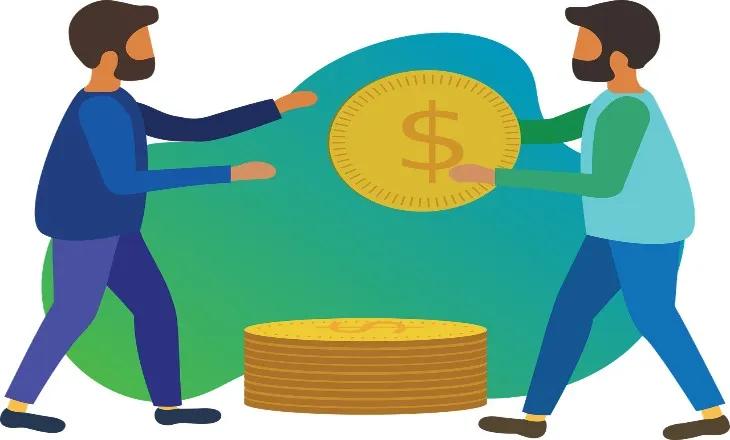In case you got a bump in the salary after changing jobs in a particular financial year then the annual income declared on the ITR should be based on actual income accrued and not the latest increased CTC mentioned in the offer letter of your joining company. Salaried individuals should be careful while declaring their income as wrongful declaration can lead IT department branding you a tax evader with heavy penalty.
In case of salaried individuals, the tax is estimated based on the annual income of an individual in a particular financial year and deducted in equal installments from their monthly salary. If you have changed jobs during the year, the employer deducts taxes based on accrued income during the year. This makes life easy for the taxpayer who can be rest assured that their taxes are being paid automatically as soon as their salary is being credited to their accounts at the start of the month. This form of taxation is known as Advance Tax
To make the process of taxation easy and to ensure a steady flow of funds to the government for its activities, the IT (Income Tax) Act laid down the provision of ‘pay as you earn’ or Advance Tax during the earning year. This form of ‘pay as you earn’ taxation is more commonly known as TDS (Tax deducted at Source) by the salaried class.
What about taxation on income from other sources than salary?
Self employed professionals or those salaried individuals who you have multiple sources of income other than the salary, then advance tax needs to be paid. If you have any form of secondary income such as interest from securities such as bonds, stocks etc, then you need to pay an advance tax. For self employed and businessmen, TDS has to be paid on 15th of September, December and March in installments of 30%, 30% and 40%, respectively. This is ideal for businessmen or self-employed people who do not know what exactly would be their earnings at the end of the fiscal year and therefore pay as they earn. While filing an advance tax, the taxpayer calculates their tax liability based on their estimated earnings. Below is the schedule of payment of advance tax.
| Due date of installment | Amount payable |
| On or before 15th September | Not less than 30% of the advance tax liability |
| On or before 15th December | Not less than 60% of the advance tax liability |
| On or before 15th March | 100% of the advance tax liability |
What to do if there is still balance tax liability despite paying Advance Tax, TDS etc?
If at the time of filing return you find that there is still some balance tax to be paid despite paying your advance tax, TDS, the shortfall can be deposited as Self Assessment Tax.
E-filing income tax returns is easier than you think
If your income is more than Rs 5 lakhs per annum, it is advisable to file your income tax return (ITR) online. e-filing income tax returns was never been fun but the process of filing claims online has taken the sting out of the Income Tax (IT) department’s bite. e-filing of tax returns has seen a massive growth over the years which is testimonial to the fact that it is getting popular among tax payers.
For the assessment year 2015-16, IT department made the life of taxpayers easier by reducing the number of pages in the ITR form to three, dropping the clause to declare foreign travel and dormant bank accounts.
The income tax is levied on the annual income of a person between the period April 1st of previous year and ending on 31st March of assessment year (subsequent year). The year in which income is earned is called previous year whereas the year in which the income is charged to tax is known as assessment year.
For example, income earned during April 1, 2015 to 31 March 2016, 2016 will be the income of previous year 2015-16 and will be charged to tax in the assessment year 2016-17.

